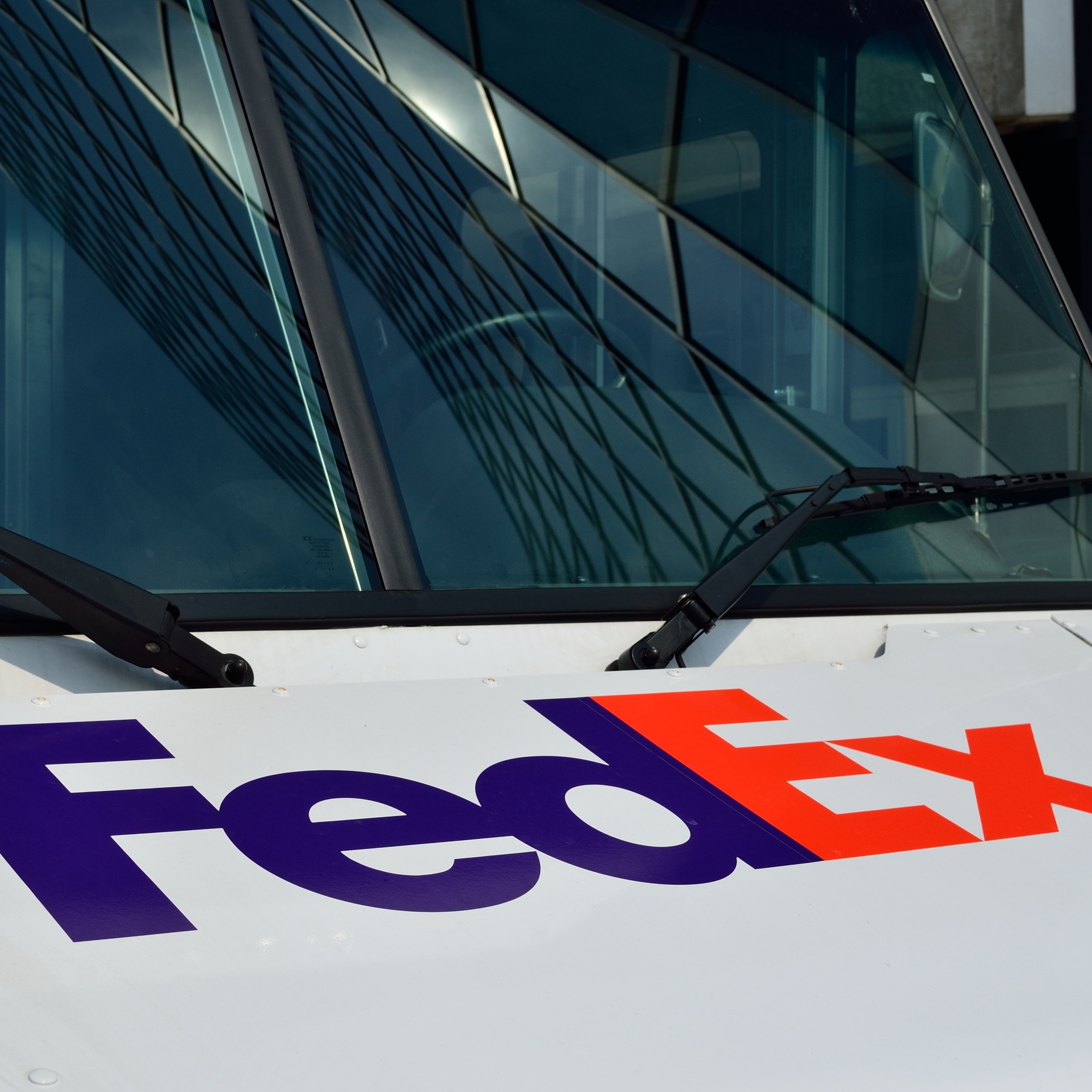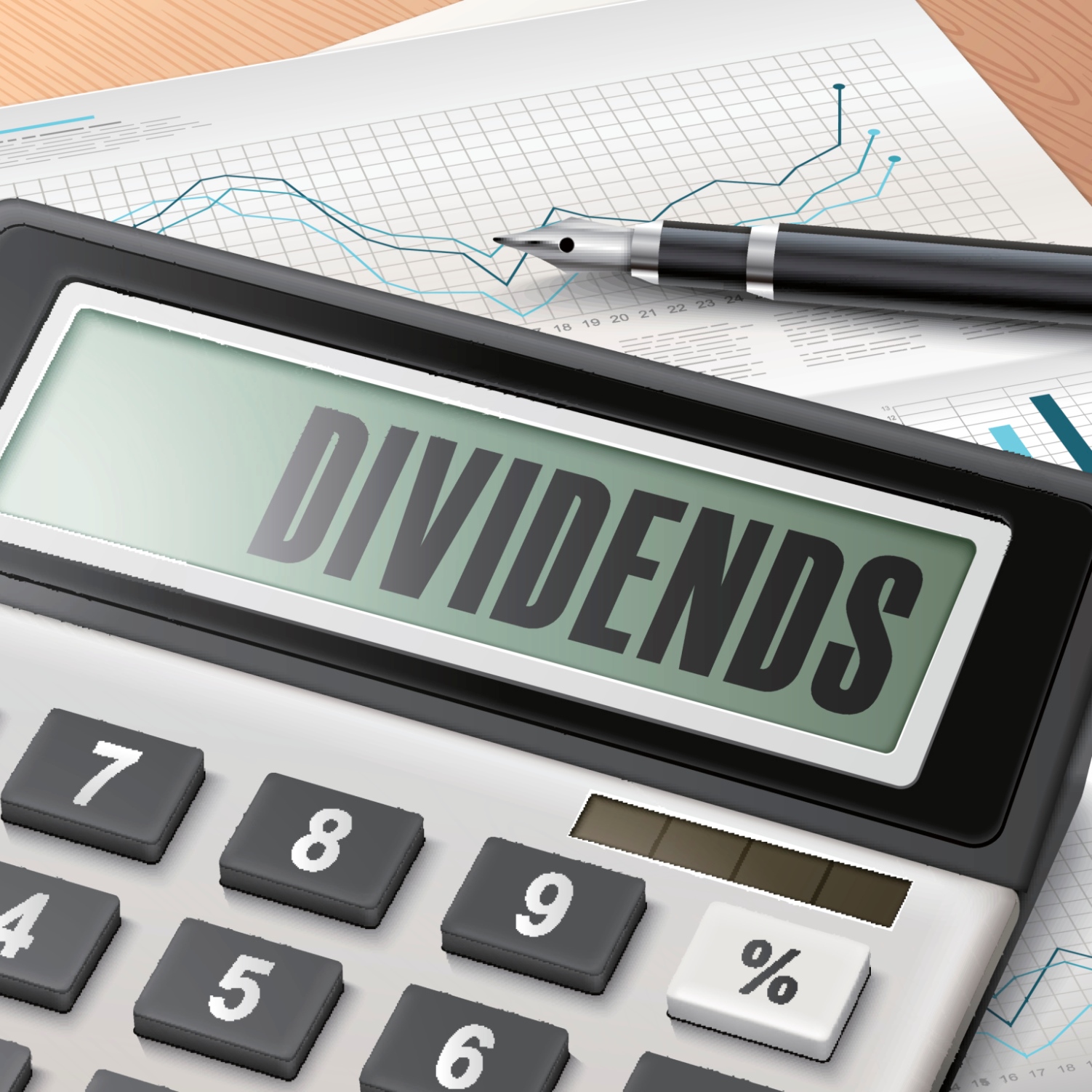
FedEx Corp. (NYSE: FDX) has joined the wave of companies continuing to announce stock buybacks. The freight and package shipping giant’s board of directors announced on Tuesday night that it has authorized a new share repurchase program of up to 25 million shares of its common stock.
While the shares being repurchased can be acquired from time to time in the open market or via privately negotiated transactions, 24/7 Wall St. wanted to see what the buyback really translates to against a variety of relative metrics.
For starters, the prior FedEx buyback authorization that was announced in September 2014 for 15 million shares has been completed. There were 272 million common shares outstanding as of January 25, 2016. If you use FedEx’s latest count as gospel, that means that FedEx has authorized itself to buy back up to about 9.2% of its outstanding shares.
Then there is the consideration of what FedEx has done in the past. Since its fiscal year 2014 started, the company has returned a total of almost $8 billion to shareholders by repurchasing more than 57 million shares.
Now use a $130 share price and let’s see what 25 million shares translates to. That would be roughly $3.25 billion at current market prices. FedEx has a market cap of roughly $36 billion.
FedEx generated $5.3 billion a year ago from operating cash flows, but the overall change in cash and cash equivalents was $855 million, after you back out over $4.3 billion in capital spending and then consider financing and other spending. FedEx maintained that acquiring this amount of stock will allow the company to continue funding substantial investments in its business, as its cash balance was $3.65 billion at the end of November.
One consideration here is that FedEx set no time limit for the completion of the repurchase program. As with most buyback plans, it is not legally obligated to make repurchases, and this buyback program can be suspended or discontinued at any time.
FedEx’s 25 million share buyback would be more than any single insider or institution currently holds in the stock. Frederick Smith, a founder, was the top holder at the start of 2016 with 15.366 million shares (about 6% of the shares outstanding). Other institutional holders were listed as follows:
- Vanguard Group, 16,369,461 shares
- Primecap Management, 14,506,646
- Dodge & Cox, 12,335,446
- State Street, 10,276,836
- FMR (Fidelity), 9,146,498
- T. Rowe Price, 8,984,494
- BlackRock Institutional, 8,376,602
- Southeastern Asset Management, 6,386,107
- Wellington Management, 4,644,975
- Greenhaven Associates, 4,523,445
Perhaps the biggest issue about buying back stock is that companies use this to shrink their float and to boost the earnings per share metric used for price-to-earnings (P/E) ratios. FedEx is no longer an expensive stock by any measurement on earnings, valued at 12.25 times expected 2016 earnings.
Where FedEx is not a bargain is in its dividend paying. Its common stock yields just 0.77%. With shares trading up over 2% at $130.25, FedEx has a consensus analyst price target of $178.35, and its 52-week trading range is $119.71 to $185.19.
And what about the ratings agencies? Moody’s issued a report signaling that Fedex’s new repurchase authorization for up to 25 million shares is actually credit negative to its Baa1 and Negative rating. S&P said that its outlook on its BBB and stable ratings are unchanged.
Take Charge of Your Retirement: Find the Right Financial Advisor For You in Minutes (Sponsor)
Retirement planning doesn’t have to feel overwhelming. The key is finding professional guidance—and we’ve made it easier than ever for you to connect with the right financial advisor for your unique needs.
Here’s how it works:
1️ Answer a Few Simple Questions
Tell us a bit about your goals and preferences—it only takes a few minutes!
2️ Get Your Top Advisor Matches
This tool matches you with qualified advisors who specialize in helping people like you achieve financial success.
3️ Choose Your Best Fit
Review their profiles, schedule an introductory meeting, and select the advisor who feels right for you.
Why wait? Start building the retirement you’ve always dreamed of. Click here to get started today!
Thank you for reading! Have some feedback for us?
Contact the 24/7 Wall St. editorial team.
 24/7 Wall St.
24/7 Wall St.

